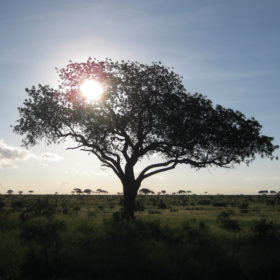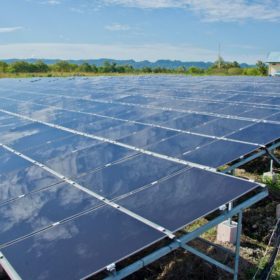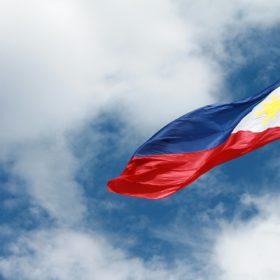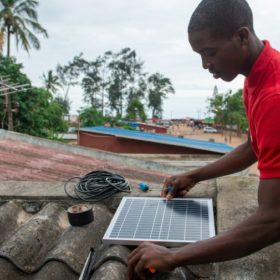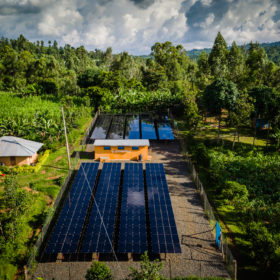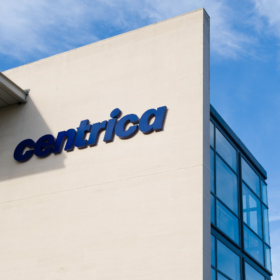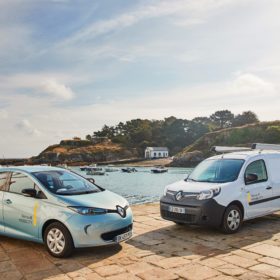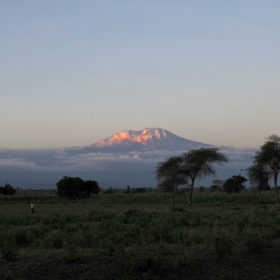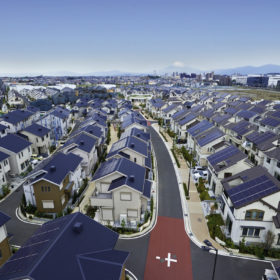Decentralized solar-plus-storage would fire sub-Saharan Africa
According to a UC Berkeley study, the falling costs of storage technologies will make it possible for Sub-Saharan countries to rely on decentralized systems based mainly on solar-plus-storage, bringing access to electricity to more than 600 million people.
Micro and mini-grids to bring power to Indonesia’s off-grid communities
The government wants to help the provinces of eastern Indonesia – in particular Papua, which has the lowest electrification rate in the country. Policymakers are in talks with the Asian Development Bank and seeking advice for implementation.
Industry groups lash out at proposal to back minigrids in the Philippines
Heated opposition to a legislative bill in the Philippines has sparked debate over subsidies for renewables and the potential for battery-backed PV systems to expand rural electricity access.
EDP keeps investing in off-grid solar
Just a day after announcing its entry in the off-grid solar business in Bangladesh, the Portuguese utility agreed to acquire a minority stake in Mozambique’s SolarWorks, a start-up providing pay-as-you-go off-grid PV solutions.
World Bank to devote $1 billion to storage in developing countries
The Accelerating Battery Storage for Development program is intended to leverage US$4 billion in new investments, and to support projects for utility-scale solar parks with battery storage, off-grid systems, including mini-grids, and stand-alone batteries.
Centrica starts installation of Cornwall Local Energy Market
More than 100 free storage systems will given to residential and commercial users to maximize utilization rates of storage systems while reducing costs for grid operators. The algorithms behind the technology would improve the supply situation and shave peak demand.
Renault deploys smart EV charging on island grid
The car manufacturer is deploying its second island project this year. Smart EV charging – and second-life EV batteries for stationary storage – are expected to help increase self-consumption, reduce carbon footprints and improve energy independence. The news comes amid a rising uptake of EVs in Europe.
Tanzania to host two MW-sized solar mini-grids
Tanzania-based mini-grid operator, Jumeme is tendering two 1 MW projects in the Rukwa and Katawi regions. The projects are being developed in the frame of the Micro Power Economy, Tanzania Roll out program, which is financially backed by the Africa Enterprise Challenge Fund (AECF).
If you want peace, prepare for solar
Solar has the potential to foster peace and aid conflict resolution by being deployed in several of the world’s crisis areas. Electricity is one of the highest costs for humanitarian missions in fragile regions, such as South Sudan, the Congo, Somalia, Myanmar and Yemen, among others. In an interview with pv magazine, the CEO and founder of Energy Peace Partners describes how solar installed in camps and protected areas, could improve the outcomes of such missions.
Japan’s PV sector should focus on future energy mix target — report
The Japanese PV industry should respond to the government’s recent decision to leave its 2030 energy mix targets unchanged by pushing for a higher share of solar in the next version of the country’s strategic energy plan, according to a new report.
